Search Results for Tag: Radio
Radio is hip again, take a listen
The death of radio has been predicted many times in the past decades but guess what? Radio still isn’t dead. On the contrary, it’s booming. It’s true people may not own as many radios as they used to but on the other hand, they are carrying this century’s version of a transistor radio – their smartphones – around with them in their pockets. And these magical listening devices give people the chance to hear a huge variety of radio shows and podcasts when and where they want to.
But besides new convenience, it’s also the extraordinary quality of many new radio programs that’s causing people to tune in to radio again. onMedia’s Kyle James takes a look what is being considered a new golden age of radio.
![]() read more
read more
Radio Ambulante – a new kind of radio for the Spanish-speaking world
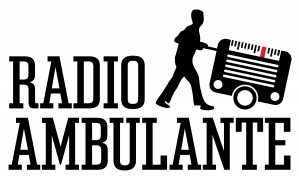 Bringing powerful audio stories to Spanish speakers across the Americas, that’s the goal of Radio Ambulante. The California-based show is a home for long-form, sound-rich radio features driven by strong characters and compelling voices – a format that is not very common in the Spanish-speaking world.
Bringing powerful audio stories to Spanish speakers across the Americas, that’s the goal of Radio Ambulante. The California-based show is a home for long-form, sound-rich radio features driven by strong characters and compelling voices – a format that is not very common in the Spanish-speaking world.
The show was inspired by a reporting trip novelist Daniel Alarcón made to his native Peru on assignment for the BBC. While investigating migration there, Alarcón travelled across the country recording personal stories from a wide range of people. But when he later heard the final mix, he was disappointed that the producers had largely highlighted the English speakers he talked to, leaving out much of the compelling material in Spanish. He wondered what the result would be if there was a place where Spanish-language voices could be heard.
In 2012, with the help of a successful Kickstarter campaign, Radio Ambulante was born. Programs have featured a transgender Nicaraguan woman living with her wife in San Francisco, a Peruvian stowaway describing his frightening journey to New York, and an Argentine who was jailed during that country’s dictatorship and given the choice to either work or to die. “Ambulante” can mean traveling or itinerant but also refers to “ambulantes”: street vendors who sell all kinds of wares in many Latin American cities.
While Radio Ambulante has a growing list of terrestrial stations that carry it, the show is largely distributed digitally. In early October, Radio Ambulante was awarded the Gabriel García Márquez Journalism Award in the innovation category. onMedia put a few questions to Radio Ambulante’s co-founder and executive director, Carolina Guerrero, about how the show’s format has been received in Latin America and where the show wants to go to from here.
![]() read more
read more
Photography tips for radio journalists
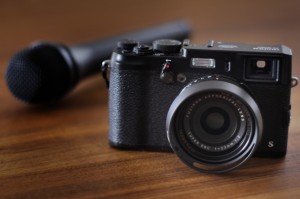 As a radio journalist you’re supposed to produce a story for the ears but your editor may also want you to produce an online version – a story for the eyes.
As a radio journalist you’re supposed to produce a story for the ears but your editor may also want you to produce an online version – a story for the eyes.
It’s a common scenario in newsrooms around the world as broadcast and online newsrooms merge. It means you need to quickly learn new visual storytelling skills in order to adapt your stories for online publication.
While you can find loads of online training resources to help you get started, basic camera skills are only going to take you so far. If you’re required to produce photographs that document the story you’re covering, say an editor is suggesting to bring back eight photographs for a story or picture gallery, then you also need to employ skills from photojournalism.
OnMedia’s Guy Degen offers some tips for radio journalists to help produce strong images for their stories.
![]() read more
read more
Digital audio recorders for journalists: what to look for
There are many options out there for journalists wanting to buy a digital audio recorder. But before spending that hard-earned cash on a new device, you should think about what you’ll be using the digital recorder for. Are you going to be doing your recording in the Amazon rainforest or in your local mayor’s office? What’s most important for you? The sound? The size? Or do you need a lower-cost audio recorder that won’t empty your bank account?
onMedia’s Kate Hairsine and Kyle James have been working with digital recorders for over a decade. Here they go through some of the characteristics worth considering in a recorder and tell you what’s personally important to them.
![]() read more
read more
Taking your radio features to the next level (part 2)
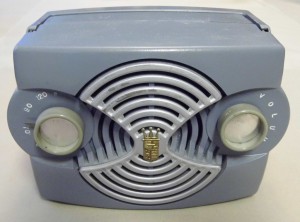
Photo: flickr/France1978
In the second part of our post on giving your radio features that extra little something, radio producer and trainer Kyle James talks about putting your listeners right in the scene and getting creative with voice clips. Remember, the goal is to break out of those ruts that we all can fall into.
![]() read more
read more
Taking your radio features to the next level (part 1)
Radio journalists who regularly produce features can get stuck in a rut or develop bad habits. After a while, their work can start sounding a little formulaic. In this two-part post, radio producer and trainer Kyle James offers advice on putting a bit of zing back in your features and taking your audio packages one step further.
![]() read more
read more
Making broadcasting more social
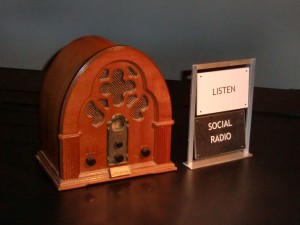
photo: flickr/Affiliate
For too many broadcasters, social media still remains something of an afterthought. A producer might promote an upcoming program on the Facebook page or send out a tweet. But really, much more can and should be done. These days, social media needs to be part of the entire broadcast production process.
![]() read more
read more
Tips for basic audio editing
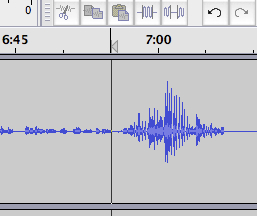 When conducting radio journalism workshops, I’m often surprised to find that some radio journalists – even quite experienced ones – don’t know how to edit audio on a computer. Some radio journalists either do all their interviews live or when they need recorded audio edited, they ask a colleague to do it.
When conducting radio journalism workshops, I’m often surprised to find that some radio journalists – even quite experienced ones – don’t know how to edit audio on a computer. Some radio journalists either do all their interviews live or when they need recorded audio edited, they ask a colleague to do it.
This is surprising not only because digital audio editing is such a useful skill, but also because basic editing is pretty easy to learn. This goes for journalists who don’t always work in radio too.
So for the workshops I’ve developed this step-by-step guide to basic audio editing. The concept should work for whatever editing program you have access to. The exact commands may change from program to program.
![]() read more
read more
Journalists@Work: Kem Sokunthy
In this installment of our Journalists@Work series, we talked to Kem Sokunthy (Kunthy), a radio producer from Cambodia. In April 2013, Kunthy participated in the radio workshop “Inclusion of people with disabilities” held by DW Akademie and the Women’s Media Centre of Cambodia (WMC).
Kunthy studied literature, education science and political science at different universities in Phnom Penh. During her studies, she also gained journalistic skills at the Cambodian Ministry of Information.
These days, Kunthy works for WMC Radio FM 102, which produces educational programs designed for all sectors of Cambodian society, especially women in rural areas. In this blog post, she gives us some insight into her work as a journalist in Cambodia.
![]() read more
read more
Journalists@Work: Abubakari Yussif
In the next of our Journalists@Work series, we meet Abubakari Yussif. He’s a reporter with Radio Justice in Tamale, a bustling trading town in the Northern Region, one of Ghana’s poorest areas. Yussif has been working as a journalist for the past four years at Radio Justice where he reports for the news and current affairs department. As an avid sports fan, he also writes the sports news and occasionally presents a sports program. He works in Dagbani, the main language spoken in northern Ghana, and also reads the news in Gonja, his local language. He also speaks English, Twi and Hausa.
DW Akademie’s Kate Hairsine spoke to Yussif about his work and how proud he is to have come so far despite his poor background.
![]() read more
read more



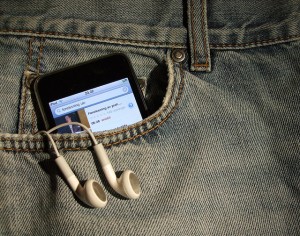

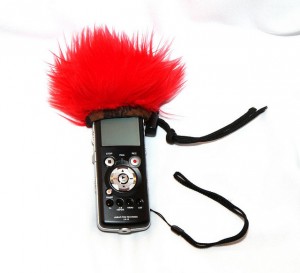
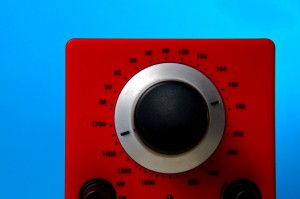

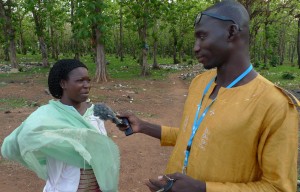




Feedback